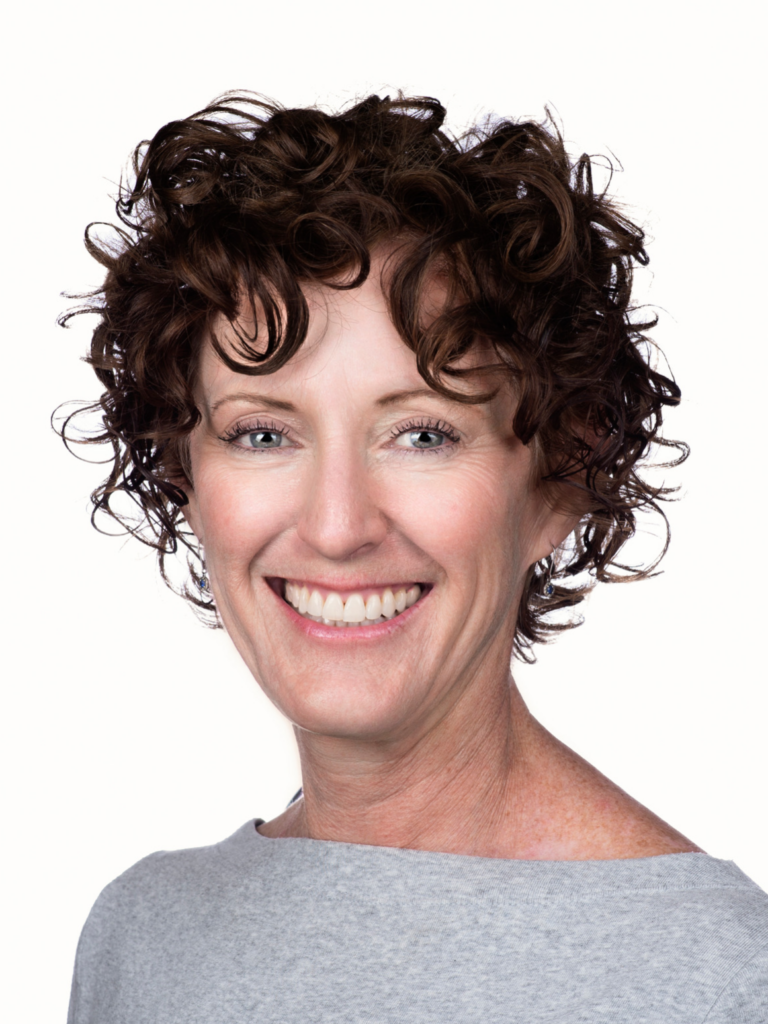In February, Colorado College announced it would no longer cooperate with U.S. News & World Report’s annual ranking of best colleges. The private Colorado Springs school, ranked 27th nationally among liberal arts colleges, said the list “privileges criteria that are antithetical to our values and our aspirational goals.”
Colorado College called the ranking methodology flawed, and pointed to three main shortcomings: a questionnaire that asks institutions to rank each other’s reputation subjectively, a reliance on high school grades and standardized test scores that result in schools offering merit aid instead of need-based aid, and a metric related to student debt that creates incentives for schools to admit wealthy students.
READ: Guest Column — Closing the Racial Wealth Gap With Education and Financial Planning
Leadership at Colorado College says feedback on the decision has been good. “We surveyed our staff, faculty, students, parents and alumni, and we had an overwhelmingly positive response,” says L. Song Richardson, president of Colorado College. “We aren’t afraid to take bold and courageous action to support our vision.” Colorado College does not actively participate in other publications’ rankings, and those organizations often use data that the school provides to the U.S. Department of Education.
Other schools such as Columbia University, Bard College, Stillman College and the Rhode Island School of Design have also stopped participating in the rankings. Richardson adds that Colorado College will pay attention to its future ranking. “If we drop precipitously, this should engender further questions about the legitimacy of the rankings because a precipitous drop would not make sense simply because we decided not to submit data to U.S. News.”
There are other lists. The Princeton Review published The Best 388 Colleges 2023. Forbes has its America’s Top Colleges List. There are other online lists based on various surveys. While imperfect, the rankings do serve a purpose. “Many of the metrics actually are good metrics,” says Corinne Lengsfeld, senior vice provost of research and graduate education at the University of Denver. “It’s a nice feedback loop that you are making improvements that really count.” The information helps DU leadership reflect upon the programs it put in place and areas where it improved.
For prospective students and their families, graduation rates and retention rates are the most important metrics to consider. “You don’t go to a university with the intent to drop out,” Lengsfeld says. “You go with the intent to graduate.”
One metric that can use improvement is employment outcomes, because Fortune 500 companies tend to skew those results by hiring large numbers of graduates every year. “The smaller businesses that get one or two graduates, their voices won’t be heard,” Lengsfeld says.
People should consider rankings as part of a larger set of data. “It’s one source of information,” says Lori Kester, associate provost of enrollment management for Colorado School of Mines. “I don’t know that I would say it should be the primary source.” The best way to predict a good fit, she says, is to visit the campus.
READ: Is it Possible to Get an Education Without Debt?
For employers, the rankings are less important than graduates’ preparedness. Kester says Mines has a good reputation among employers because graduates show up for their jobs ready to do the job they are hired for.
One benefit of the rankings is they help Mines communicate the important work the school is doing. “We are a public institution, so we don’t have this gigantic recruitment staff,” Kester says.
That awareness helps other schools too. “People value certain rankings because we’re all trying to find ways of standing out amongst a very crowded field,” says Chris Beiswanger, director of admissions at the University of Colorado Colorado Springs. “There is not one tried-and-true source of who’s the best.”
The rankings serve as a shorthand. “I think students, parents, outsiders, businesses, we all like the cleanliness of, ‘You went to the number one place, you must be good,’” Beiswanger says. He adds that that’s especially true for international students who want the reassurance that rankings provide.
For employers, accreditation and experiences should matter more than rankings. “If you look at successful people,” Beiswanger says, “you find they didn’t all go to top schools in the country.”
Nora Caley is a freelance writer specializing in business and food topics.



